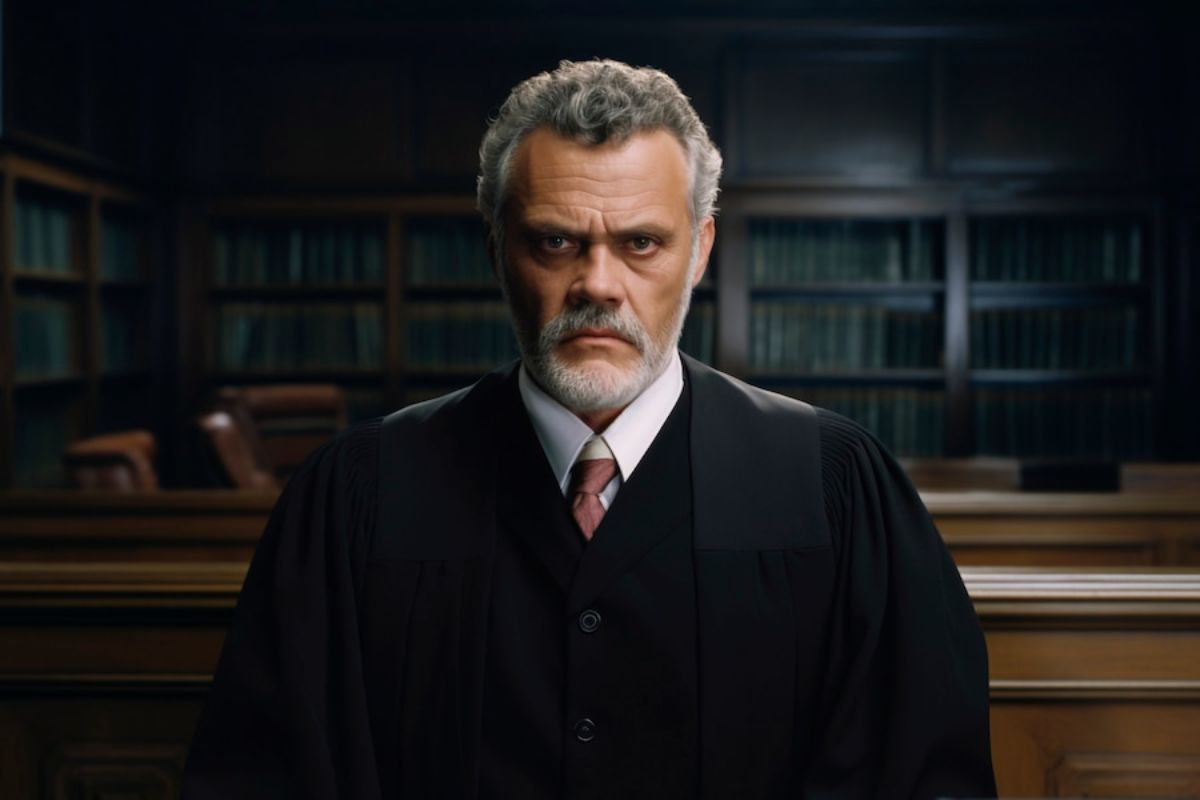The Crown Prosecutor, or Crown Attorney, has a very important job in the Canadian criminal justice system. As people who stand for the state, they are responsible to bring charges against criminals and make sure justice is done. Their role is not only about getting convictions; it also includes maintaining fairness, neutrality and justice overall. This article delves into the multifaceted responsibilities and functions of Crown Prosecutors in Canada.
Ensuring Competence and Integrity
The decision to become a Crown Prosecutor generally involves working as a criminal lawyer Brampton. You must have obtained your law degree and be licensed to practice law in Canada. The appointment of Crown Prosecutors is carried out by either provincial or federal authorities, depending on where the criminal cases are taking place. This history makes sure that they possess a thorough comprehension of the law system, evidence regulations and intricate aspects related to criminal laws. Their honesty and efficiency are crucial as they are in a high-ranking job with lots of power and duty inside the justice system.
Determining the Viability of Prosecutions
The first and main duty of Crown Prosecutors is to examine if there’s enough proof for a prosecution. They look carefully at all evidence gathered by law enforcement; they study witness statements, forensic reports and other related things. They have to decide if the chance of convicting someone is reasonable and also whether it’s good for public interest to continue with this case. This is the important step of making decisions, it prevents unnecessary prosecutions and keeps the justice system in good order.
Advocating for Justice
Inside the court, Crown Prosecutors show proof, talk with witnesses and give legal explanations to support their case. They are not only there for getting a conviction but also to make sure that everything is presented in an unbiased and fair way. Their obligation involves revealing all important proof to defense, even details which could be beneficial for the accused person. This obligation to reveal is key not only for a just trial, but for maintaining justice as well. Crown Prosecutors need to manage legal oppositions, motions and adjust their tactics during the course of the trial.
Negotiating Just Outcomes
Plea bargaining is an usual procedure in the criminal justice system of Canada, and it’s Crown Prosecutors who take part actively in these talks. Plea deals happen when the person accused agrees to admit guilt for a smaller offence or get less severe punishment, with intention of not going through the trial process. Crown Prosecutors have to study case strengths very precisely before they accept plea agreements, looking at things such as how strong the proof is against the accused person and seriousness level of offense as well as what victims want from this situation. Plea bargaining that works can result in fair and speedy endings, saving court resources while also delivering justice on time.
Ensuring Compassionate Justice
Thinking about the rights and welfare of victims is an important duty for Crown Prosecutors. They involve victims in their work, telling them about the case’s advancement, clarifying legal steps, and aiding during trials. This kind hearted manner assists in ensuring that victims feel understood and valued – a critical aspect for upholding public trust within the justice system. To maintain a fair balance between the interests of victims and the rights of accused individuals, Crown Prosecutors aim to secure outcomes that are both just and equitable.
Upholding Professional Standards
The work of Crown Prosecutors must follow clear ethical standards and principles. They should always behave with honesty, fairness, and lawfulness while doing their duties. They need to steer clear from any conflicts of interest and display the utmost professionalism at all times. This ethical model guarantees that Crown Prosecutors’ actions match with the wider aims of the justice system, which are fairness, responsibility and rule of law. By following these principles, Crown Prosecutors contribute to preserve trustworthiness and lawfulness in the criminal justice framework.
The Crown Prosecutor holds a significant role in the Canadian criminal justice system as an important guardian of justice. Their duties include many tasks, such as deciding if there is enough evidence for prosecution and advocating on behalf of society during court proceedings, to comforting victims. They also monitor the enforcement of penalties and create policies that help maintain fairness in how law is practiced. By keeping harmony between seeking justice and treating all fairly without bias, Crown Prosecutors assist in maintaining rule of law while making sure our justice system works well-functioning for everyone involved: from those accused to survivors or witnesses affected by crime. The way they work affects not only the results of each case, but also adds to the general reliability and trustworthiness of law procedures.














